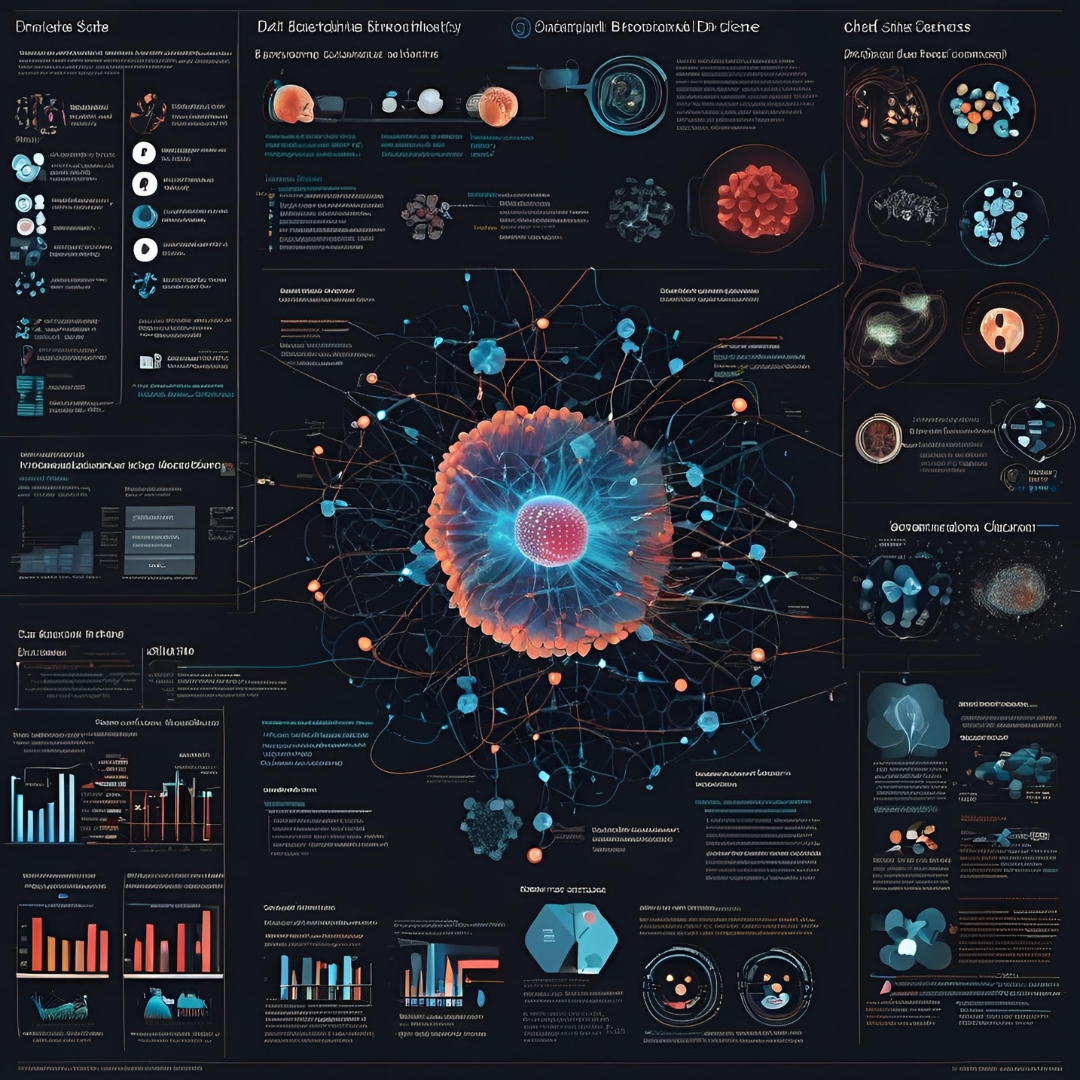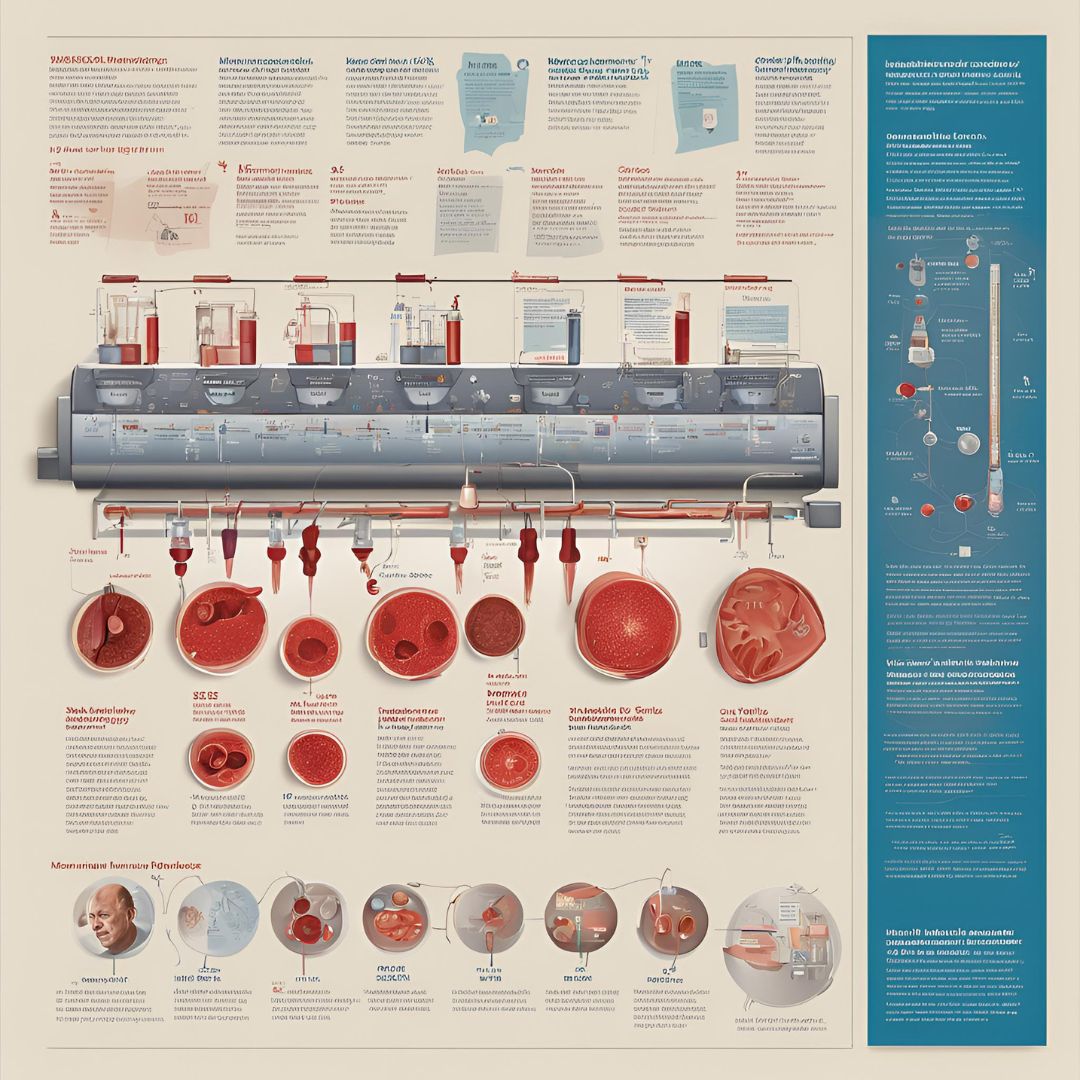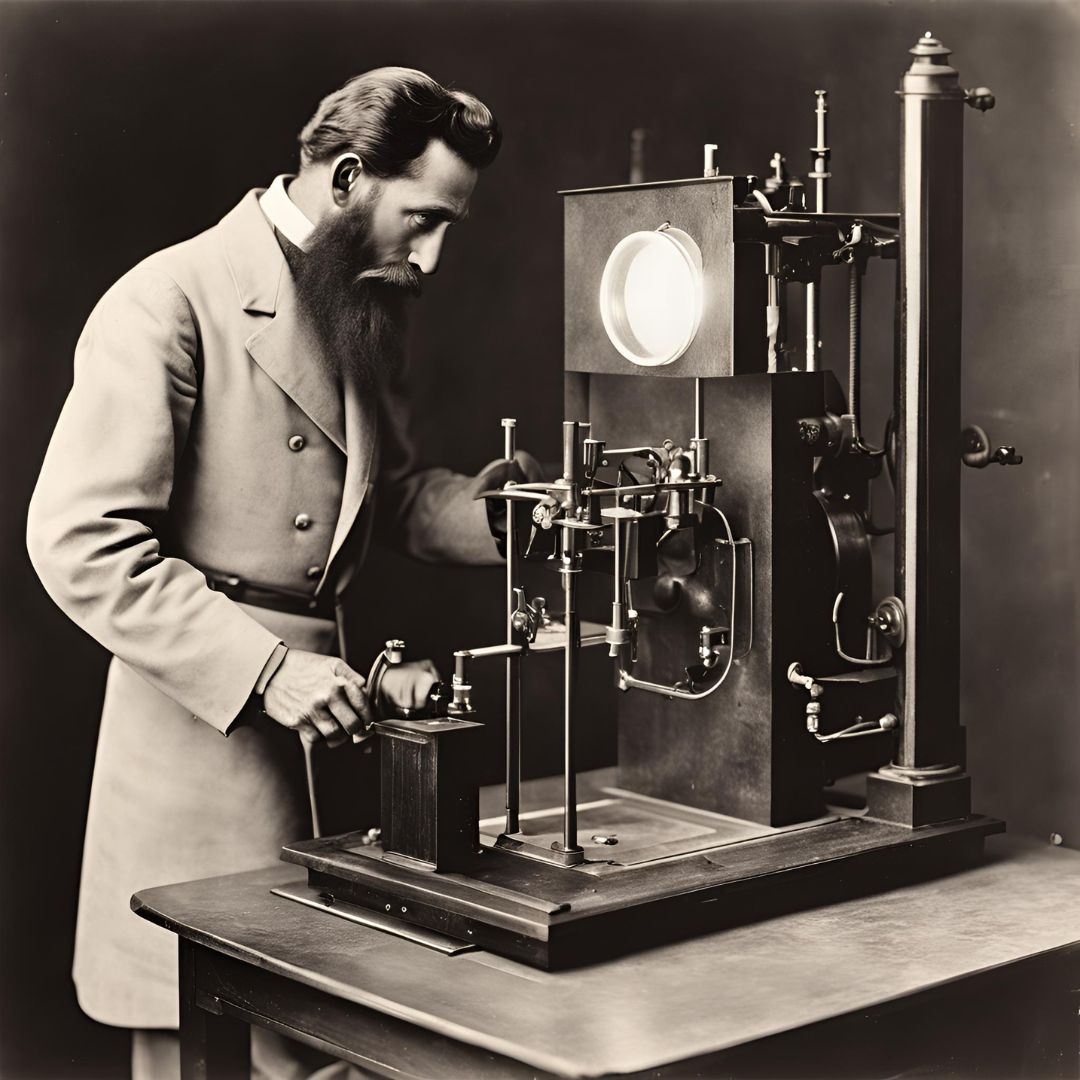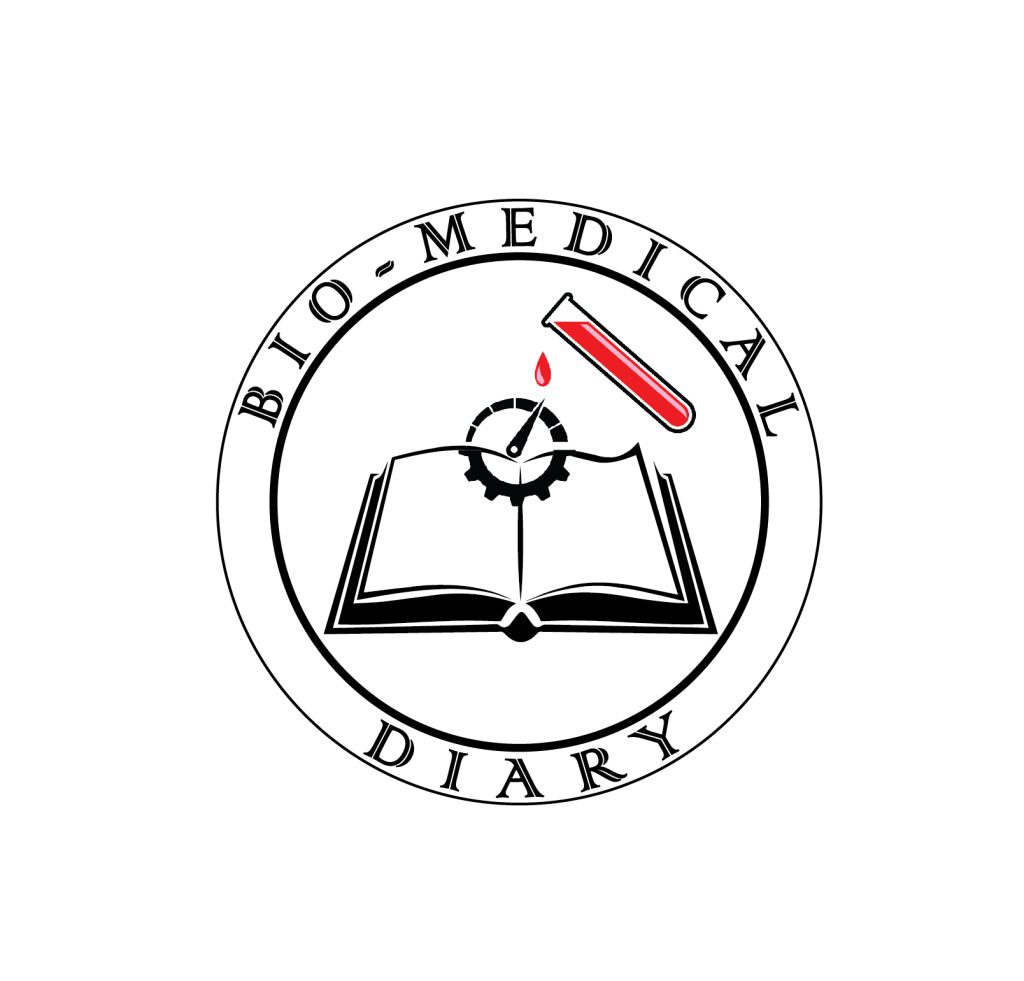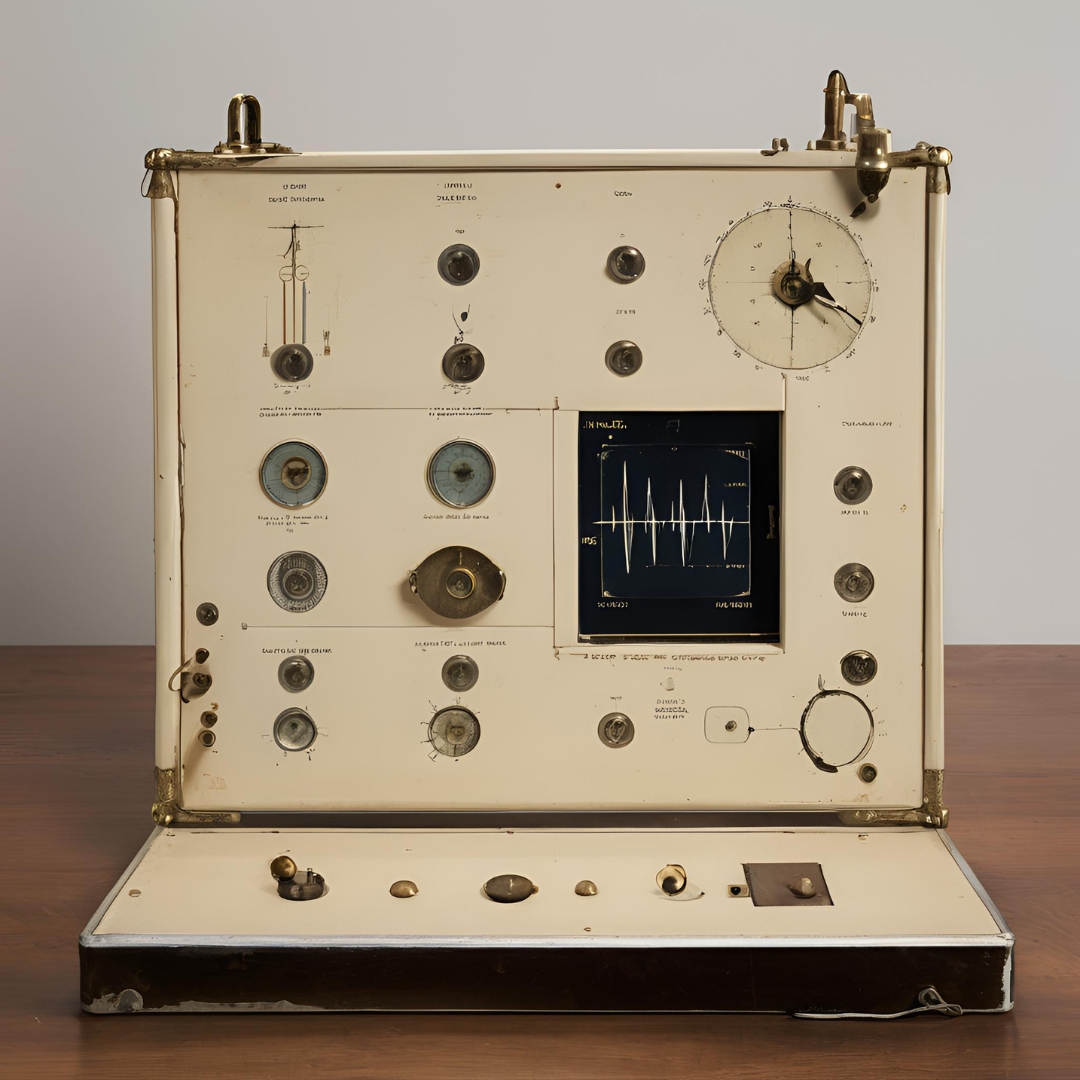The Challenges and Opportunities in Biomedical Data Science
Data is at the heart of every modern scientific breakthrough, especially in the biomedical field. As someone deeply involved in biomedical engineering, I’ve seen firsthand how data science is revolutionizing healthcare. Yet, with this immense potential come significant challenges that we must navigate to unlock its full power.
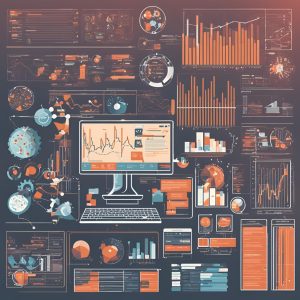
The Data Deluge: A Double-Edged Sword
One of the most striking challenges in biomedical data science is the sheer volume of data we now have at our fingertips. From electronic health records (EHRs) and genetic sequences to real-time data from wearable devices, the influx of information is staggering. This data deluge offers incredible opportunities for discovery but also presents the daunting task of managing, analyzing, and making sense of it all.
The challenge lies in not just collecting data but in curating it. Poor data quality, missing values, and inconsistent formats can hinder analysis and lead to misleading conclusions. Ensuring data integrity requires robust systems and meticulous attention to detail—a task that is easier said than done.
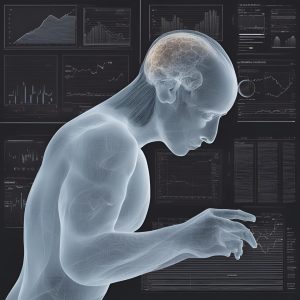
The Complexity of Biomedical Data
Biomedical data is inherently complex. Unlike more straightforward datasets, biomedical data often involves high dimensionality, where thousands of variables might be in play simultaneously. This complexity makes traditional data analysis techniques insufficient, pushing us to develop more advanced methods like machine learning and artificial intelligence.
However, with complexity comes opportunity. These advanced techniques can uncover patterns and relationships in the data that were previously hidden, leading to new insights into disease mechanisms, patient outcomes, and treatment effectiveness. It’s a challenging landscape, but one that holds immense promise.
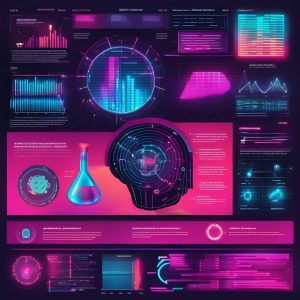
Ethical and Privacy Concerns
As we dive deeper into biomedical data, ethical and privacy concerns become increasingly prominent. Patient data is highly sensitive, and safeguarding it is paramount. Ensuring that data is anonymized and secure while still being useful for research is a balancing act that requires careful consideration.
The ethical challenges extend beyond privacy. There’s the question of bias in data, which can lead to biased outcomes in research and treatment. Addressing these concerns requires a commitment to fairness, transparency, and accountability in how we handle and interpret biomedical data.
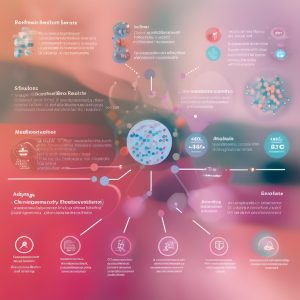
The Opportunity for Personalized Medicine
One of the most exciting opportunities in biomedical data science is the potential for personalized medicine. By analyzing vast amounts of data, we can tailor treatments to individual patients based on their unique genetic makeup, lifestyle, and medical history. This approach promises to improve treatment outcomes and reduce side effects, making healthcare more effective and patient-centered.
For example, in cancer treatment, data science is helping to identify which patients are most likely to respond to specific therapies, allowing for more targeted and effective treatment plans. This level of personalization was unthinkable just a few years ago, and it’s all made possible by advances in data science.
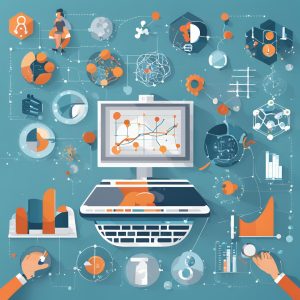
The Future of Biomedical Data Science
Looking ahead, the future of biomedical data science is incredibly bright, but it’s not without its hurdles. As we continue to develop new tools and methodologies, we must also stay vigilant about the ethical implications and the quality of our data. Collaboration across disciplines—between data scientists, clinicians, and biomedical engineers—will be crucial in overcoming these challenges and maximizing the opportunities.
In my journey through the world of biomedical engineering, I’ve seen how data science is not just a tool but a transformative force that’s reshaping healthcare. The road ahead is challenging, but the potential rewards make it an exciting path to follow.
